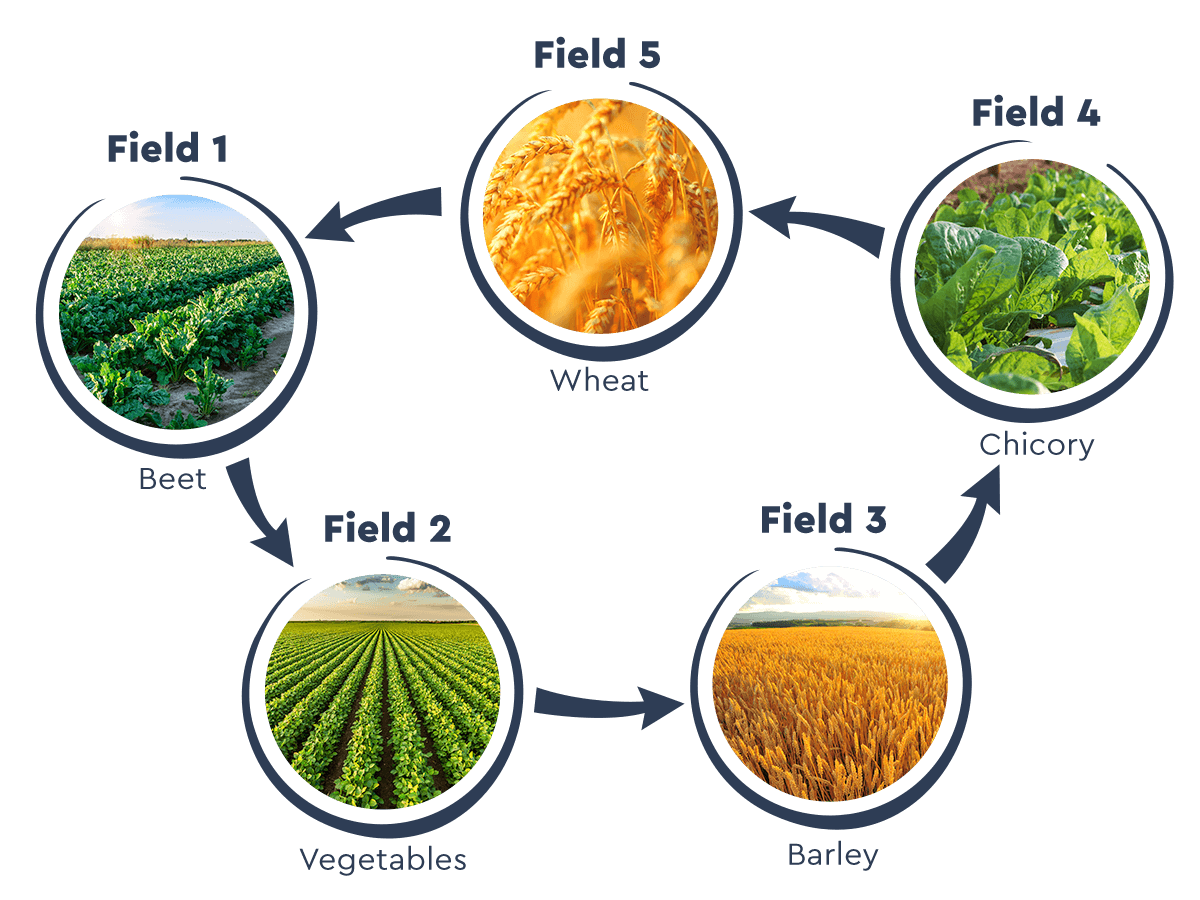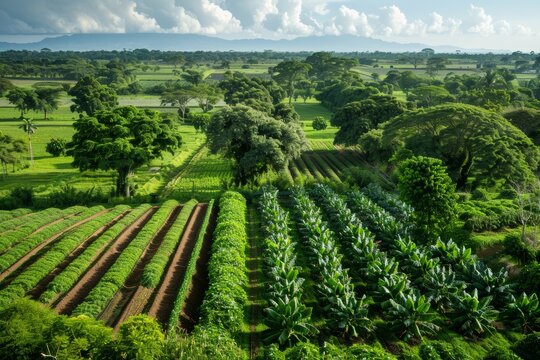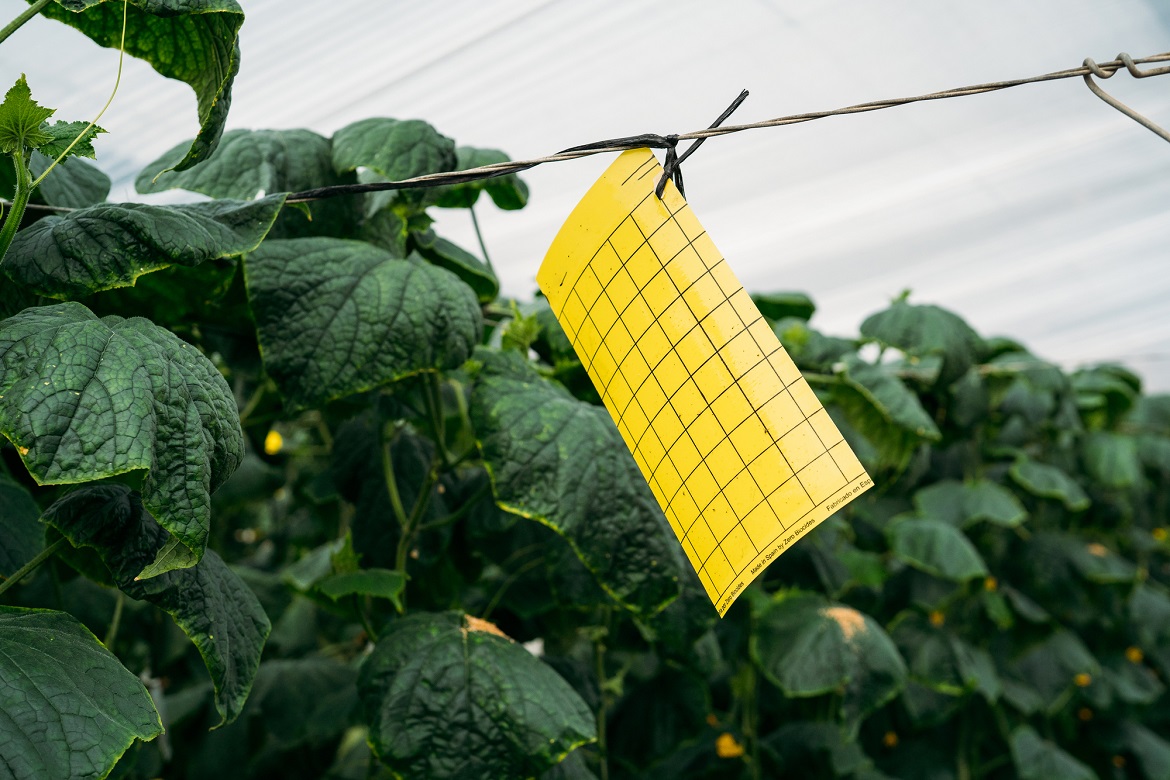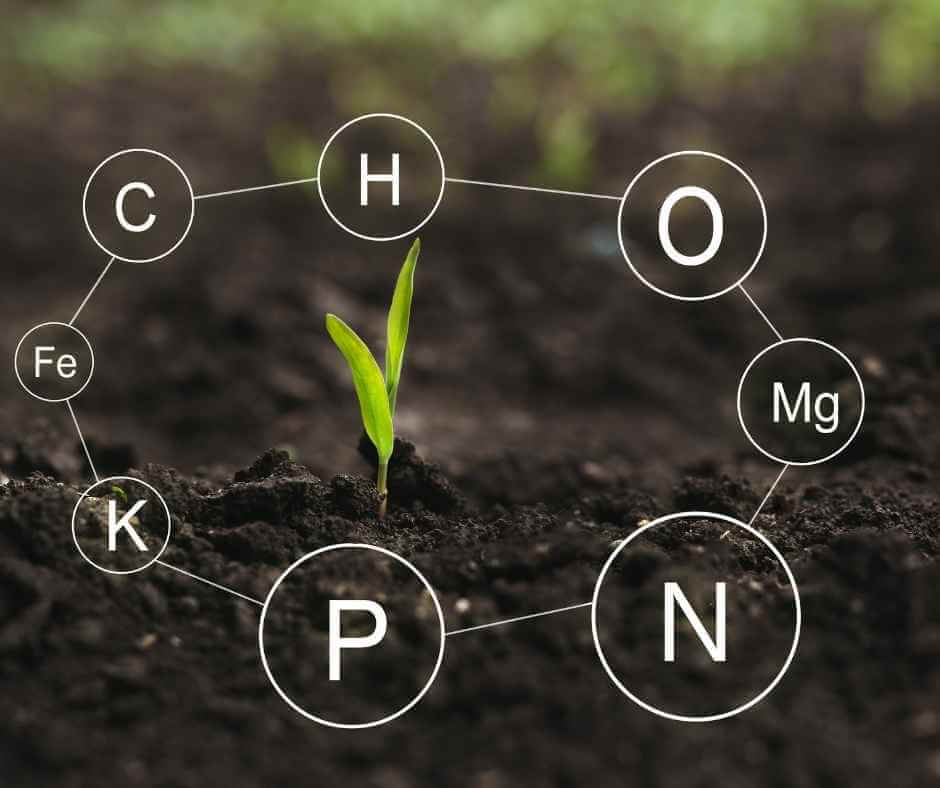
We train farmers to grow different types of crops in the same area across seasons. This improves soil fertility, reduces pests, enhances biodiversity, and contributes to healthier soils and ecosystems.

We advocate for organic farming in home gardens, avoiding synthetic fertilizers and pesticides. Using compost and manure, we improve soil health and produce food that’s healthier for people and the planet.

We train farmers to integrate trees and shrubs into farmlands. This improves soil structure, boosts biodiversity, provides income (fruits, nuts, timber), and helps fight climate change.
Rows of trees between crops reduce erosion and provide shade. Example: maize + Leucaena.
Integrates trees with livestock grazing. Trees provide shade, fodder, and timber.
Tree rows protect crops from wind, improve microclimates, and provide mulch/fodder.
Shade-tolerant crops like coffee or medicinal plants grown under managed forest canopy.
Trees along rivers prevent erosion, protect water, and create wildlife habitats.
Farmers grow crops in young plantations until trees mature, earning income early.

We promote drip irrigation, rainwater harvesting, and mulching to conserve water, improve yields, and withstand droughts.

Combining natural predators, crop rotation, and selective pesticides reduces chemical use and protects ecosystems.

Healthy soil is the foundation of farming. We promote cover cropping, reduced tillage, and composting to boost soil fertility, resilience, and productivity.
Hands-on workshops, field visits, and demos empower farmers with both local and scientific knowledge.
We provide technical assistance, market linkages, and resources to strengthen farmer livelihoods.
We partner with universities and research institutions to bring innovative, science-based solutions.
We advocate for supportive policies on land use, incentives, and access to markets for smallholder farmers.
Farmers adopting crop rotation and organic farming have seen better productivity and food security.
Sustainable practices reduce erosion, restore land, and enhance biodiversity while cutting pesticide use.
Organic farming and agroforestry products open new markets, increasing farmer income and resilience.
Healthy soils, conserved water, and diversified systems strengthen communities against climate change.
Together, we can ensure food security in harmony with nature. Support our initiatives, join our training programs, or reach out to learn more.
Contact Us